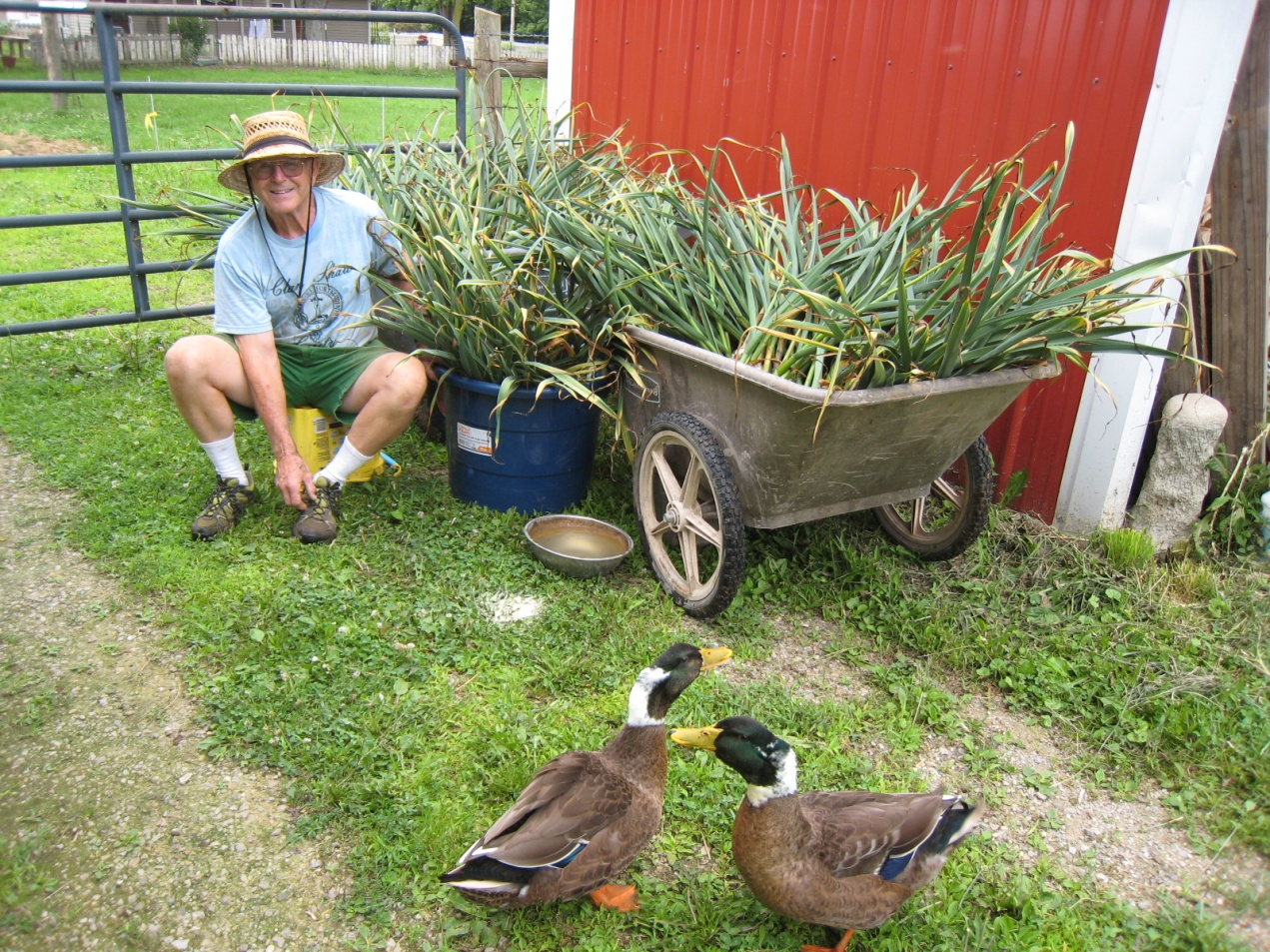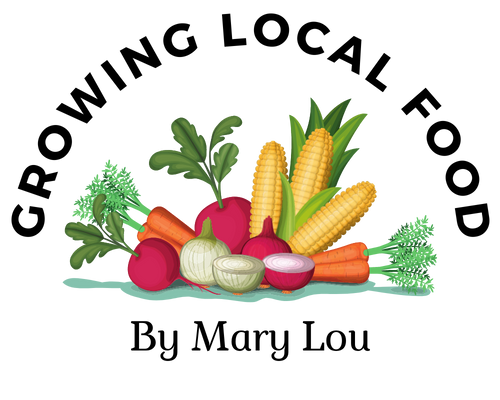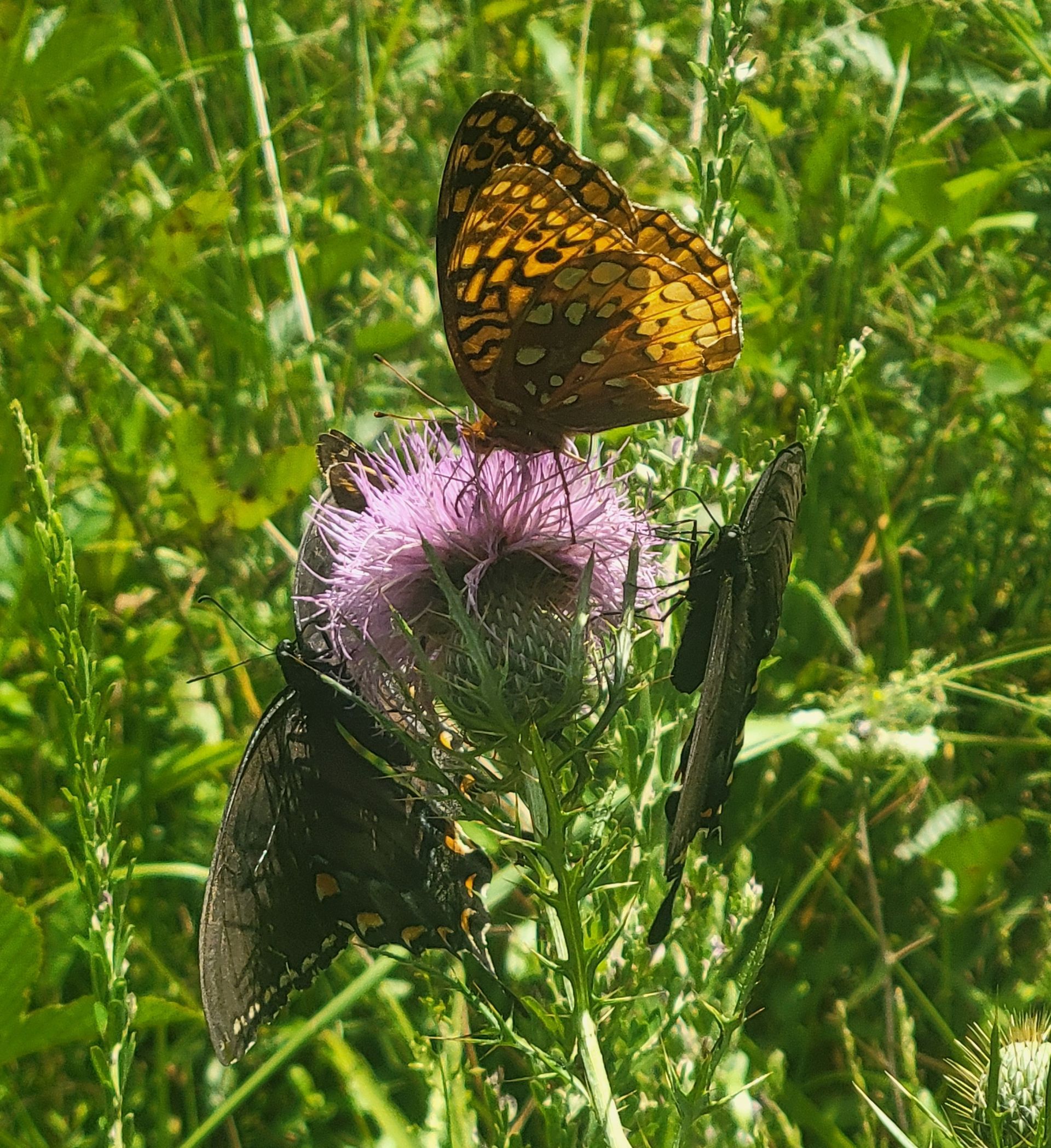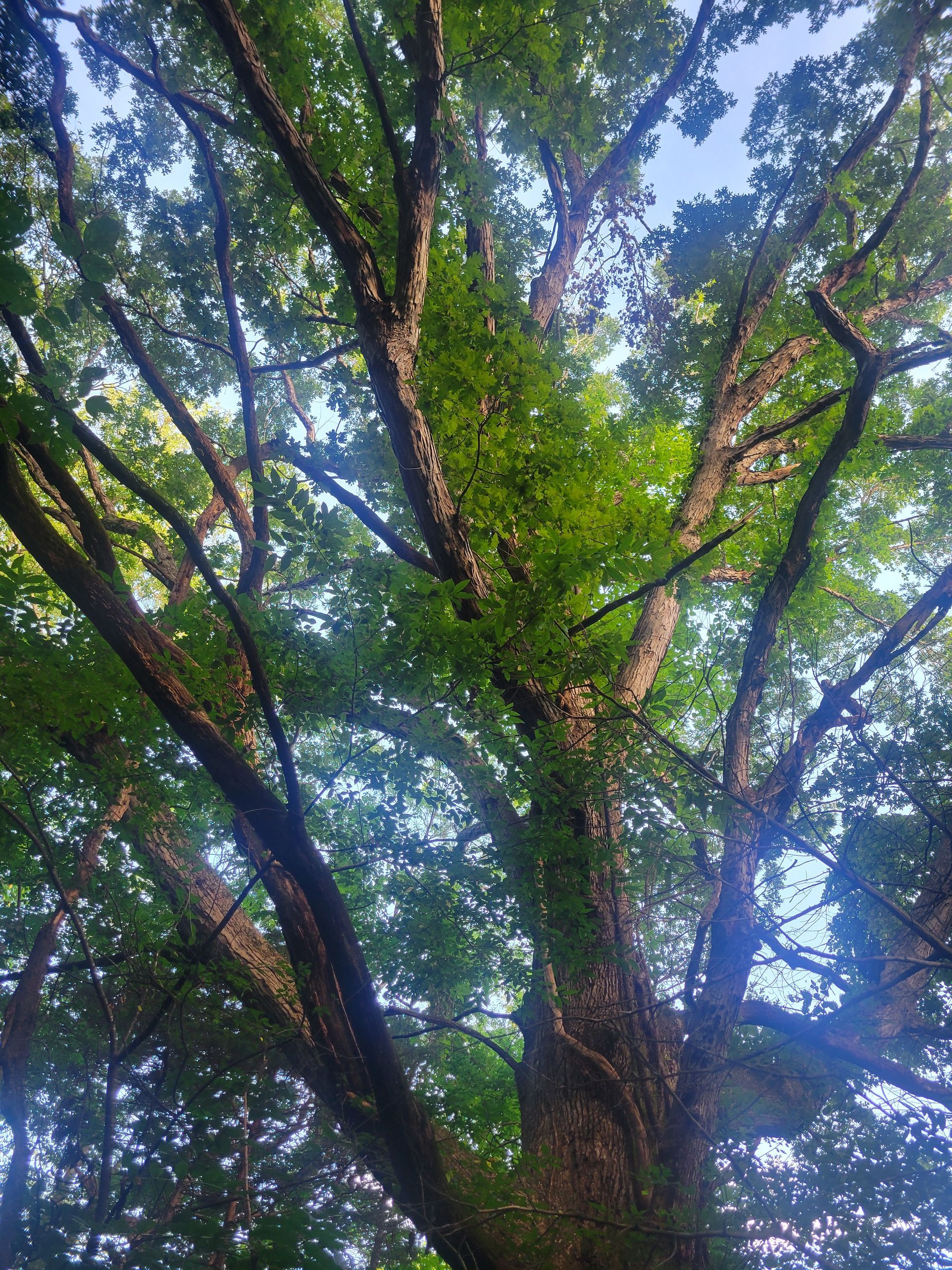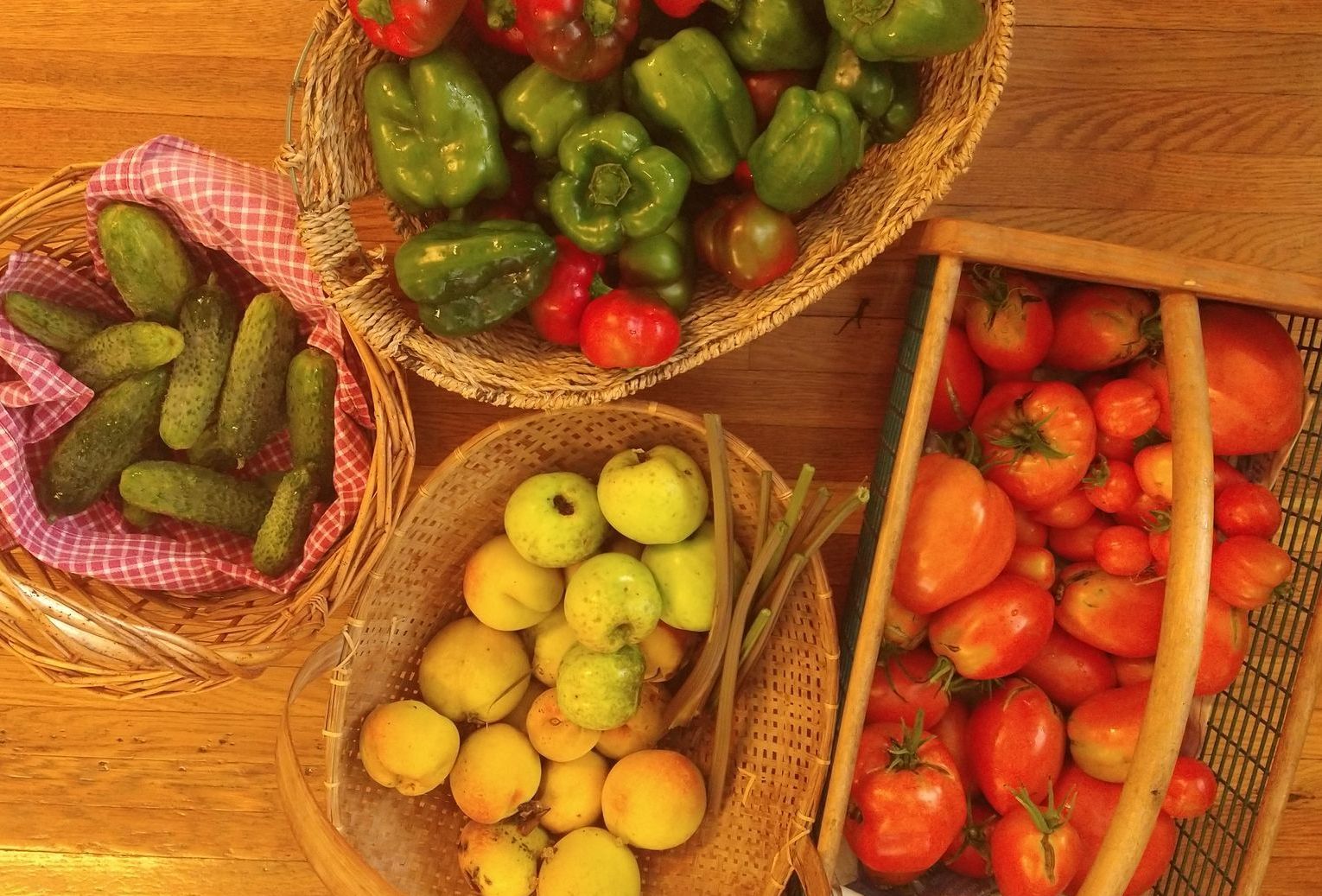Enriching Our Own Lives and the Future by Raising Heirloom Breeds of Animals
Homesteading with rare breeds:
When my husband and I began homesteading on our 13-acre Ohio farm, we chose to raise old breeds of animals that were in danger of going extinct. Genetic preservation of farm animals, similar to saving heirloom seeds, has become important because corporate farming uses only uniform-sized, high-production, hybrid animals. If we and future generations will have the ability to raise our own food, more of us must have a few rare breeds in our backyards. Fortunately, there are many delightful bonuses to having these animals.
The advantages of heirloom animals:
- Old breeds of animals survived because they are hardy and not bred for the corporate's world fast growth and "turn-over." For example, our Dutch Belted cows could live up to 20 years while a confinement dairy cow's longevity is less than four years.
- Old breed animals know how to graze and forage and don't live on GMO corn and soy beans!
- Old breeds have easier births because those are the ones who survived through generations.
- Old breeds are good mothers, which is a delight to observe and a lot less work for us.
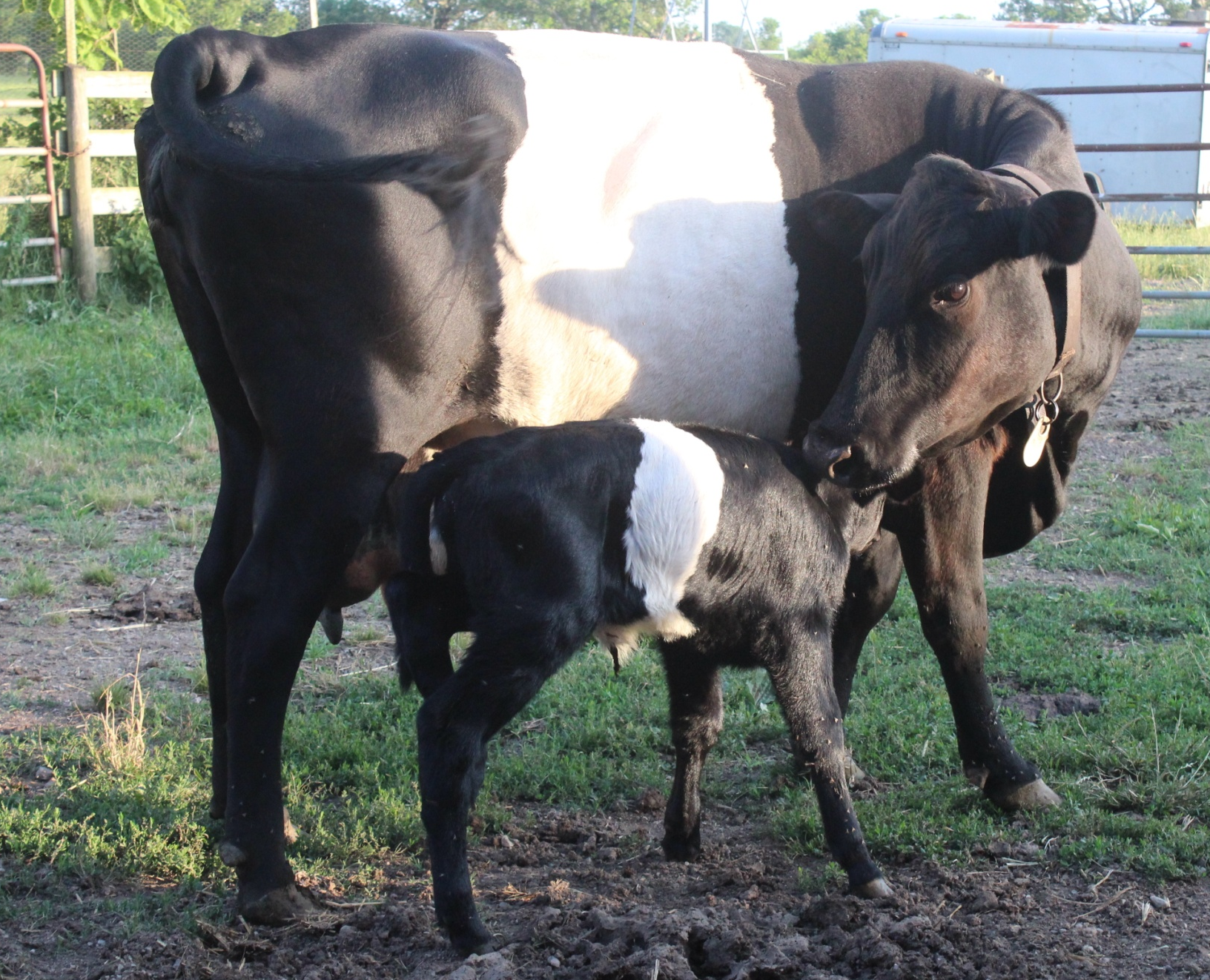
Creating a sustainable homestead:
"Sustainability" doesn't mean to me that we don't need our neighbors and community. It simply means that we don't have to keep buying lots of inputs.
Heirloom farm animals made our little farm more "sustainable" in many ways:
- The farm animals provided us with eggs, meat and milk.
- The animals' manure and bedding created wonderful compost that created a healthy soil-food web which provided us with highly-nutritious food from the garden.
- Connecting to other people when sharing these precious genetics and their produce gave us a supportive community.
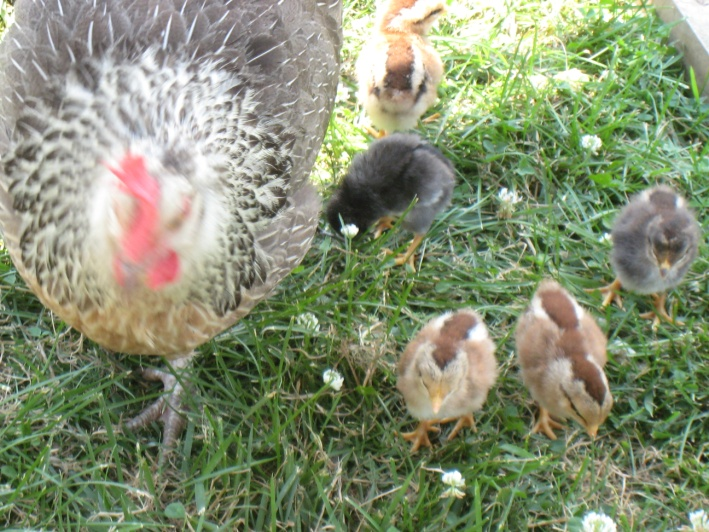
Where to find old breeds:
The Livestock Conservancy has always been our resource for finding our cows, chickens, turkeys, pigs and ducks. They list current owners of these animals who are members of the conservancy. This allows you to get in touch--and others to be in touch with you in the future--to share the genetics as your hens or herds increase in number.
I also found it helpful to see how close to extinction each breed of animals is by seeing what category it was in: "critical," "threatened," "watch," "recovering" or "study." Of course I chose the "critical" category of Dorking chickens, Narragansett turkeys and Dutch Belted cows. It was rewarding to see both the chickens and turkeys increase in number so that they rose to the "watch" category during the first decade that we had them. The wonderful Dutch Belted cows, however, continue to be close to extinction.
What heritage breed animals are available?
The Livestock Conservancy features these species of animals so you're sure to find something that will "fit" your space:
- cattle
- chickens
- donkeys
- ducks
- geese
- goats
- horses
- pigs
- sheep
- rabbits
- turkeys
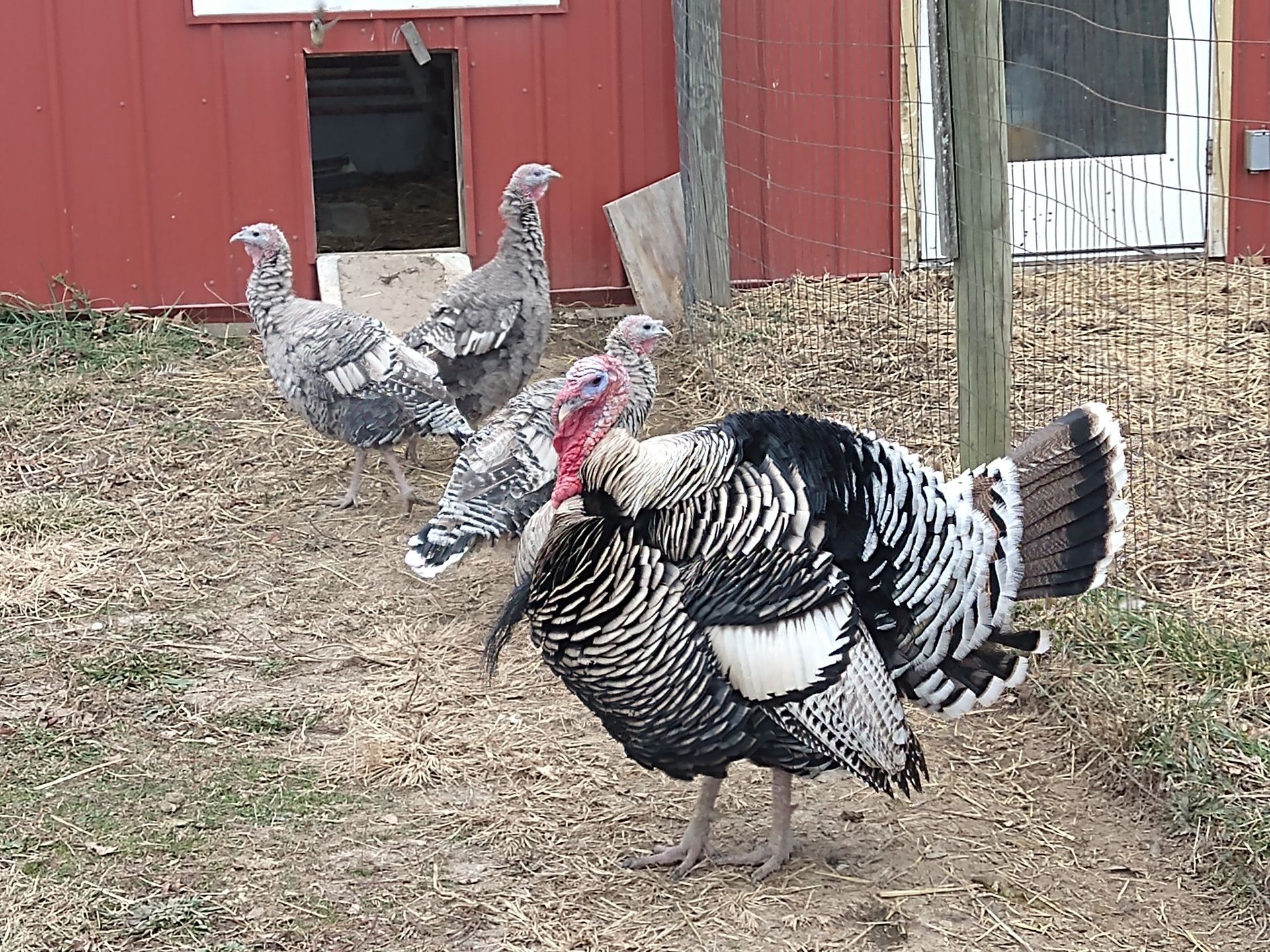
The bonus is the fun!:
I admit to really enjoying these animals and caring for them as I would our "pets." It does mean I'm conscientious about cleaning their houses and barn, and it was difficult to learn that saving their breeds would mean butchering the males when it was time. But I love being around them and their trust in my husband and me is rewarding.
They have enriched our lives in so many ways, that I hope you can share this experience both for the fun of it and for helping to save their breeds.
